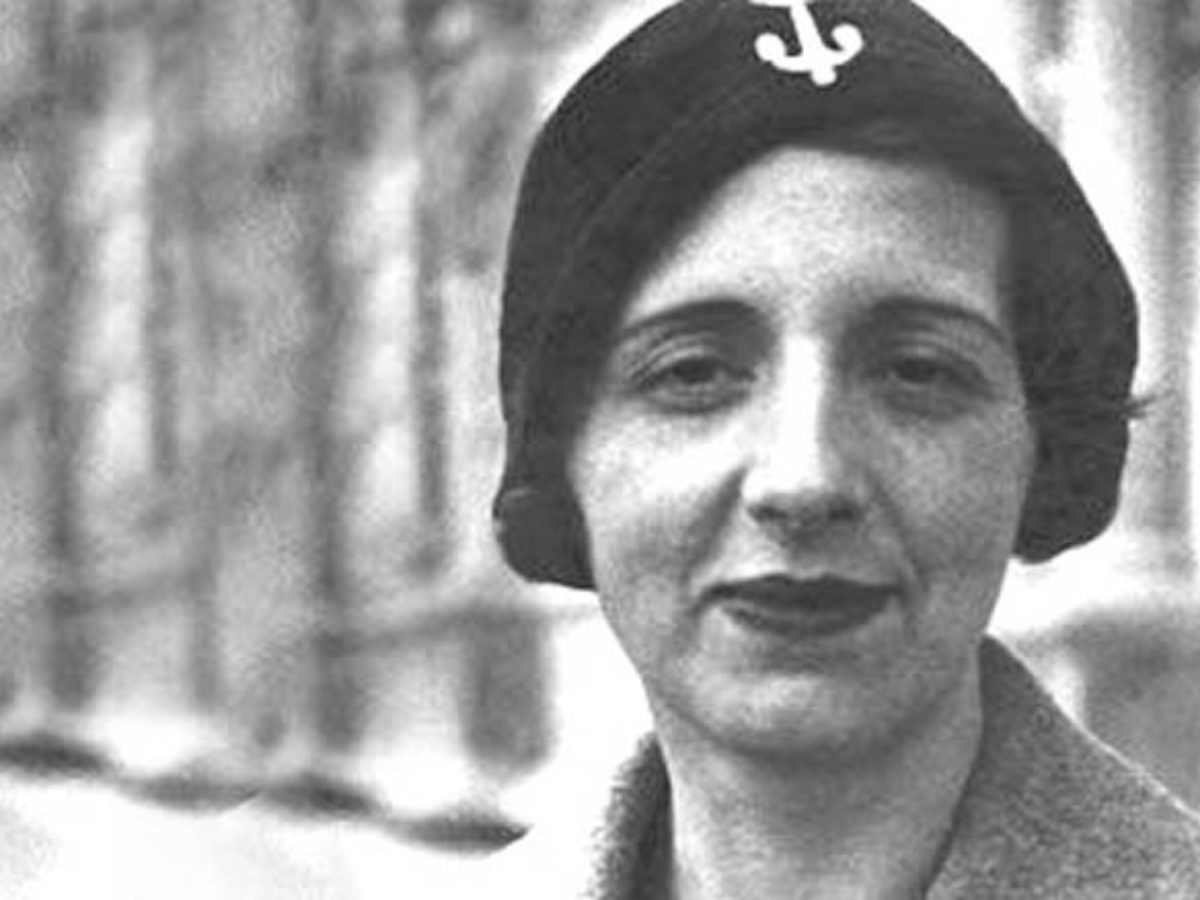IN a first of a NEW series we look at names you have heard of, but may not know the fascinating history behind these famous names.
You may have travelled from the Maria Zambrano train station in Malaga without thinking about the woman this bustling station was named after. Here’s what you need to know.
Where does she come from: María Zambrano was born 22 April 1904 in Velez Malaga and as a teenager discovered a love of philosophy and politics that was to shape her life.
What did she do: Unusually for a woman then, she went to Madrid University and after graduating taught philosophy there. She published her first book Horizon of Liberalism in 1931.
At the same time she became heavily involved in volatile Spanish politics.

What was the political scene then: The country was in turmoil.
Maria campaigned for the establishment of the Spanish Second Republic – the democratic government that existed in Spain from 1931-39.
She turned down an offer to become an MP for the PSOE party. But she sided with the republic when the Civil War broke out in 1936.
When Franco established his military dictatorship, she fled.Good move as she had been openly critical of his regime and of the dictator – which was a bad move!
What next: She wrote many acclaimed books on philosophy and poetry, but led a somewhat sad, existence for the next thirty two years.

Living in Havana, Italy, France and Switzerland, she never settled as nowhere compared to her beloved Spain.
But she swore she could not return until Franco died.
Did she ever come back? Maria stepped on Spanish soil again in 1983, 42 years after her exile.
She was 77 years old. Still a prolific writer, she was named the Favourite daughter of Andalusia and given an Honorary Doctorate by Malaga University.
She also set up the Maria Zambrano Foundation in Velez-Malaga.
In 1988 she was the first woman to be awarded the prestigious Cervantes prize for literature.
She died in Madrid in 1991, but is buried in Velez-Malaga in the shade of a lemon tree. In 2006 it was decided to name the train station after her.








